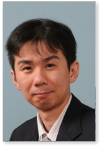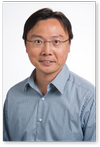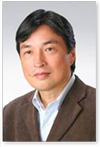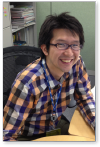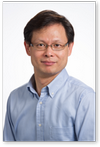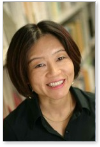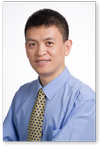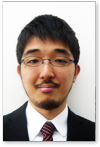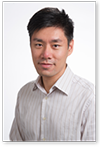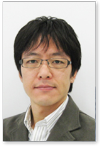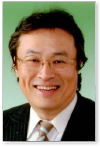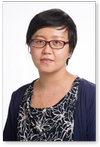Workshop 1: Exploring Geo-tagged Photos for Culture Friendly DevelopmentGoalTo investigate the effectiveness of exploring the geo-tagged photos found in online repositories like Flickr to gain insights for innovative and culture friendly economical development. Pre-workshop Preparation (Background)
* It could be that each member can focus on 1 to 2 islands other than lantau island. Reference: https://www.flickr.com/map?&fLat=22.2921&fLon=113.9506&zl=13 MethodologyDuring the workshop, participants will visit Lantau Island to take pictures. Then, they present their background work where their views on the cultural characteristics of Lantau Island will be included. After organizing their points and contrasting them, they will discuss new possibilities of Lantau's economical development. Culture friendliness has to be carefully considered throughout the discussion. DeliverablesVideo and/or geo-tags/geotagged pictures illustrating the design for different parts of the Lantau Island.
Workshop 2: Vision and Design of Eco-friendly Connectivity within/across the Intelligent IslandGoalTo envision and plan one or two eco-friendly communities/hotspots and design (prototype) their smart transportation infrastructure. Pre-workshop Preparation (Background)Earlier provided background information about the Lantau Island, web-based research, and site visits on April 24 and June 12 PM (optionally June 13). (Also, https://www.youtube.com/watch?v=7ygw2L-Qi0c;https://www.youtube.com/watch?v=GmnfBBEZCN8 ) MethodologyScenario analysis (by focusing on certain locations, their carrying capacities, heritage preservation, eco-environmental/economical/social viability, sustainability, andregional integration). Deliverables
Workshop 3: Vision-based Design Workshop: Looking into the Future by Looking back the PastGoalThis workshop program takes an approach to envision how the living in the Lantau Island should be like in twenty (or fifty) years by comparing the everyday things and affairs of the present with those of the past in twenty (or fifty) years ago. Workshop participants start working on dozens of individual small everyday familiar items and affairs, produce a triad diagram cards for each item (representing the present, the past, and the imagined future forms). When finished, the future forms of all the items are collected, and the participants are asked to draw a single story or a map that incorporate all the envisioned future forms of the everyday things and affairs in a coherent manner. Pre-workshop Preparation (Background)
Requirements: Please bring a camera or a camera-equipped cell-phone with you. Make sure to know how to copy the taken photos to a laptop computer. MethodologyTBA DeliverablesTBA
Workshop 4: Fieldwork ApproachGoalOur group focuses on urban context of HK. Lantau Island development should be a chance for HK both to represent its resource and to complement its lack. Pre-workshop Preparation (Background)We start by intensive fieldwork in downtown to find the resource and the lack of the city. Group members are divided into pairs of one HK student and one Kyoto student. Each of them holds a map to write on about their findings, feelings and also ideas for the Lantau development. After that, members create a future plan of Lantau through one day discussion. MethodologyExamples of recommended methods are:
DeliverablesTBA
Workshop 5: Design by dialogue and logical methodsGoalMaking a development plan for a metropolitan area involves many stakeholders such as residents, business people, tourists, and government people. In order to find a reasonable solution toward a bright future for such a complex society, collaboration of specialists from various disciplines is essential, and dialogue among the specialists as well as the stakeholders plays an important role. In addition, the solution should be explained logically to be understood by the stakeholders. In our team, we design a development plan of Lantau Island by dialogue and logical methods. Pre-workshop Preparation (Background)Participants are required to make their own tentative idea for Lantau Island's development --- preferably in terms of mobility and/or healthcare; it is recommended that the idea is based on their expertise, but not limited to their research topic. References[1] http://en.wikipedia.org/wiki/MECE[2] Barbara Minto, "The Pyramid Principle: Logic in Writing and Thinking," Financial Times Prentice Hall, 2008. [3] http://www.triz-journal.com/archives/what_is_triz/ MethodologyTBA DeliverablesTBA
|
||||||||||||||||||||||||||||||||||||||||||||||||||||||||||||||||||||||||||||||||||||||||




